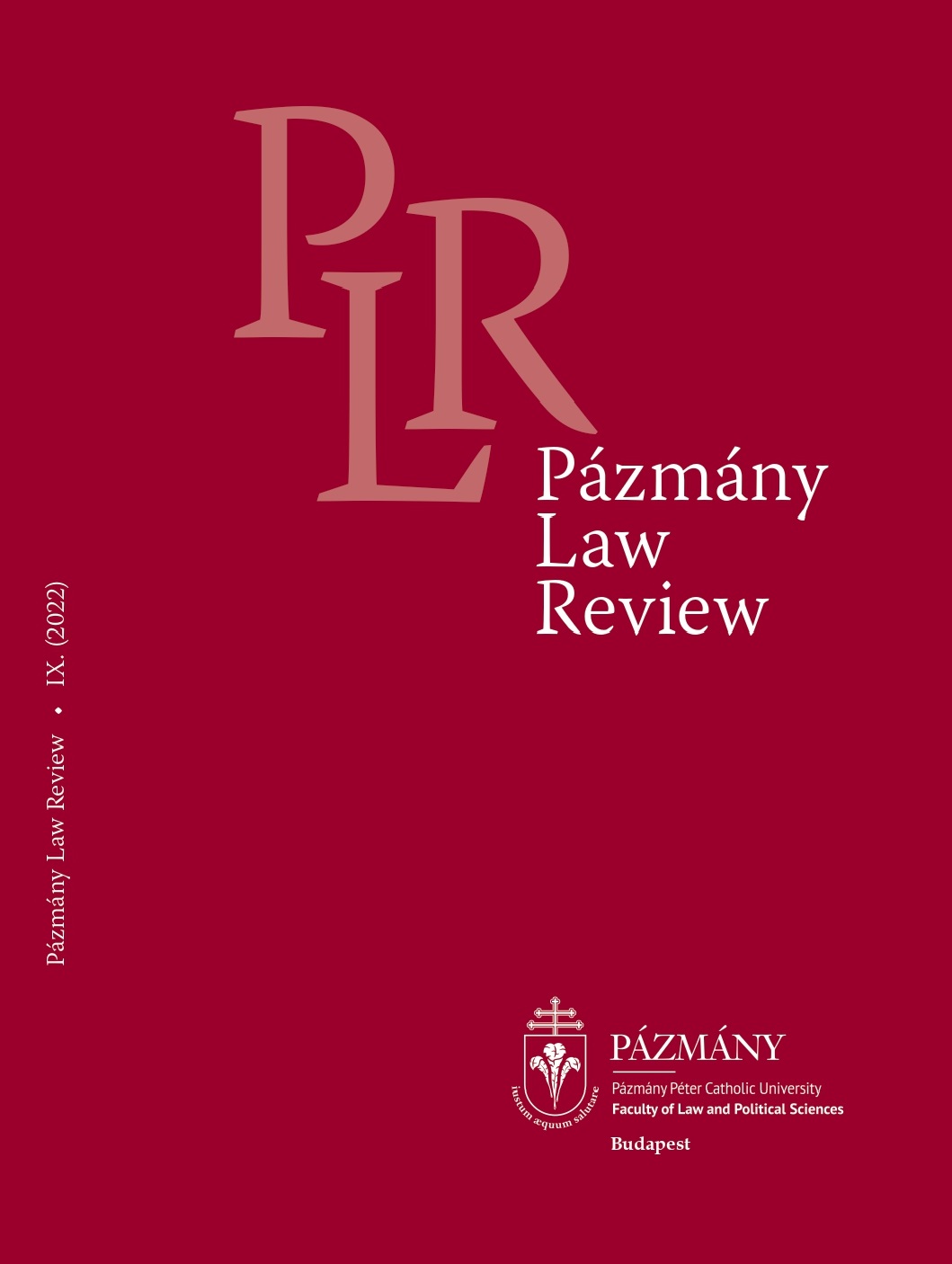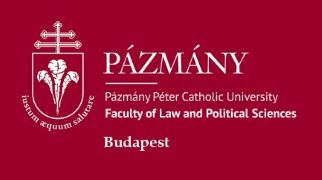Die Öffentlich-Rechtlichen Markmale der Deuteschen Einheit
Abstract
This study examines the public law aspects of German unity in 1871. It argues that German unity is achieved when the organisation of the German states is transformed from a confederation into a federal state and the new constitution is extended to all German-inhabited territories. However, the monarchical constitution of the stateimposed limits on both the organisational and the territorial conditions. The protection of the sovereignty of the rulers of the member states was a barrier to the establishment of an imperial executive, and the Germaninhabited areas of the Habsburg Empire could not be integrated into the new Germany without partitioning the territory of the empire. German unity was created along these compromises and was therefore not perfect from a dogmatic point of view. However, there was a significant shift towards a federal state compared to the former German Confederation. In addition, there were unique elements which helped to promote unity, the most interesting of which were the special prerogatives of Prussia.





